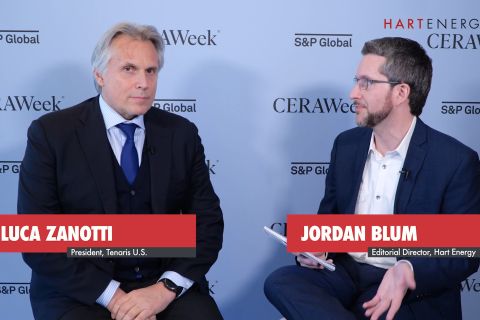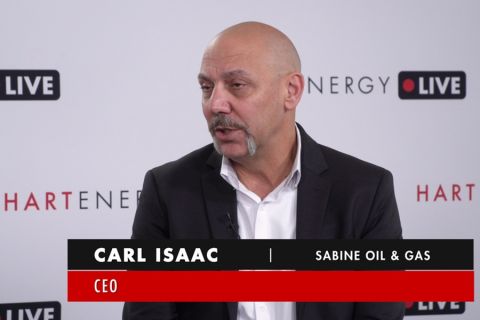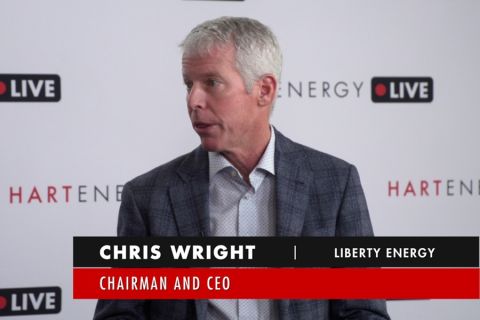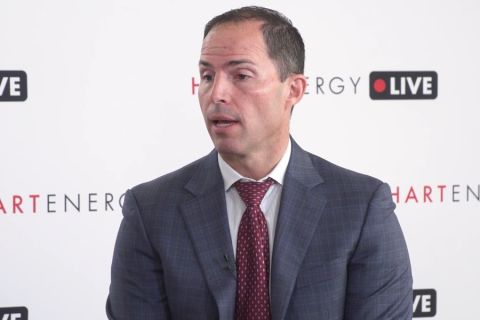BANGKOK--Thailand's energy minister on Sept. 29 welcomed a decision by U.S. energy company Chevron to continue negotiations rather than seek arbitration to resolve a dispute over who should pay for removing offshore oil and gas platforms.
Thailand wants Chevron to pay the full decommissioning costs, estimated by a local newspaper at around $2.5 billion, for infrastructure at the Erawan gas field, which it is due to hand over to Thai state oil firm PTT Exploration and Production in April 2022 when its concessions expire.
Reuters first reported last week that the U.S. company had "temporarily suspended" a plan to seek arbitration in order to allow more time for talks with Thailand's energy ministry, but that arbitration was still a possibility "within weeks" if talks do not succeed.
Thailand's energy minister Sontirat Sontijirawong said on Sunday the Chevron's decision was a good sign that the two parties could work together to resolve the dispute and ensure a smooth handover of the gas field.
"Chevron's decision to hold off the arbitration process to continue negotiations is welcomed," energy minister Sontirat Sontijirawong said.
"I also believe that we will arrive at the best agreements while prioritizing Thailand's interests," he added.
The dispute arose in 2016 when Thailand retroactively enforced a new energy ministry regulation requiring gas field operators to pay the costs of decommissioning all assets they have installed even if they no longer operate them.
Chevron argues that under the terms of its initial contracts from 1971 it is only liable for infrastructure that is no longer deemed usable before it hands over the field to another operator.
The new law would require Chevron to pay the future costs of decommissioning all the infrastructure it has installed at the Erawan field, including still usable assets it will transfer to PTTEP free of charge.
The dispute has implications for other international energy companies such as France's Total and Japan's Mitsui & Co., which also have stakes in offshore energy concessions in the Gulf of Thailand.
Outside of the oil and gas industry, other foreign investors in Thailand were also concerned about the retroactive use of laws, and what precedent the case might set for the sanctity of their contracts.
Recommended Reading
Exclusive: Tenaris’ Zanotti: Pipes are a ‘Matter of National Security’
2024-04-12 - COVID-19 showed the world that long supply chains are not reliable, and that if oil is a matter of U.S. national security, then in turn, so is pipe, said Luca Zanotti, U.S. president for steel pipe manufacturer Tenaris at CERAWeek by S&P Global.
Exclusive: Sabine CEO says 'Anything's Possible' on Haynesville M&A
2024-04-09 - Sabine Oil & Gas CEO Carl Isaac said it will be interesting to see what transpires with Chevron’s 72,000-net-acre Haynesville property that the company may sell.
Exclusive: Liberty CEO Says World Needs to Get 'Energy Sober'
2024-04-02 - More money for the energy transition isn’t meaningfully moving how energy is being produced and fossile fuels will continue to dominate, Liberty Energy Chairman and CEO Christ Wright said.
Chesapeake, Awaiting FTC's OK, Plots Southwestern Integration
2024-04-01 - While the Federal Trade Commission reviews Chesapeake Energy's $7.4 billion deal for Southwestern Energy, the two companies are already aligning organizational design, work practices and processes and data infrastructure while waiting for federal approvals, COO Josh Viets told Hart Energy.
Exclusive: Calling on Automation to Help with Handling Produced Water
2024-03-10 - Water testing and real-time data can help automate decisions to handle produced water.





